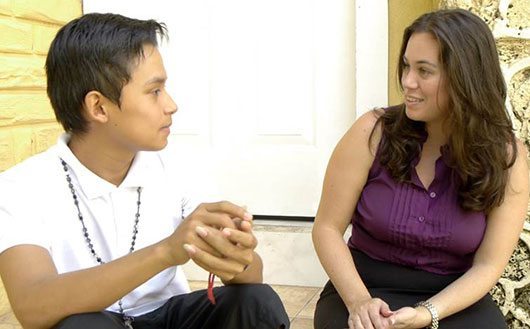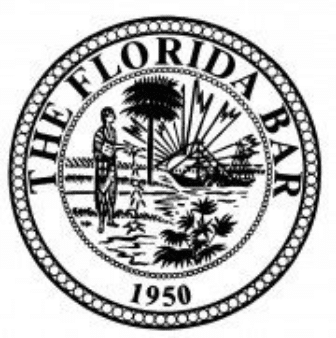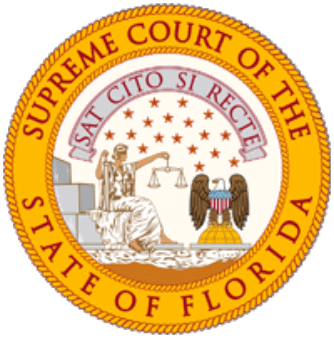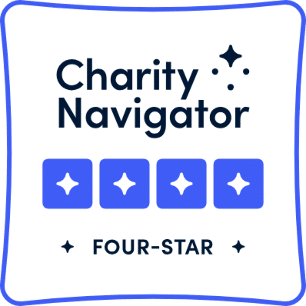
Even though their mother had already died in the Arizona desert on her way north from their native Honduras, Angie, 17, and Oscar, 12, decided their odds of survival would be better if they followed her path than if they stayed at home, where they were under constant threat from gangs.
“Our grandmother told us that no family member of hers would ever make the journey in that way again, but after they shot up our house, I had no choice,” Angie said. “I had to take my brother and leave.” Oscar had been threatened by gang members and robbed at gunpoint.
“I came here because of the drug dealers,” he said. “They look for little kids for them to smuggle drugs. I just wanted to go to school.”
Oscar and Angie’s story is not unusual among the more than 63,000 undocumented minors who have arrived in the United States via Mexico in the last year or so. Many are from Guatemala, El Salvador and Honduras, which has the highest murder rate in the world.
The response from the legal aid community has been rapid and nonstop, with more than 10 Florida Bar Foundation grantees taking part.
Americans for Immigrant Justice (AI Justice) in Miami, whose Foundation-funded Children’s Legal Program has been representing unaccompanied immigrant children for 15 years, in October released an in-depth report, “Children Fleeing Central America: Stories from the Front Lines in Florida,” which describes the ordeals many of these unaccompanied minors have undergone, the system that awaits them in the United States, and some of the efforts being made to address their legal needs. The report also advocates for policy changes to ensure humane treatment and due process for unaccompanied minors, some of whom are as young as a few months old.
One of the greatest challenges faced by those who endeavor to represent these children is the fast-tracking of their cases under an Obama Administration policy that began in July. AI Justice Executive Director Cheryl Little said that while Miami’s immigration court used to see about 150 cases a month, it is now seeing 150 cases a day, with just four judges.
“Any child who arrived after May 1, their case is being fast-tracked, which is a real challenge for us and for any pro bono attorneys trying to help these children,” Little said. “Our staff is working around the clock. I am very worried about them to tell you the truth. They tell me they want to do this because they have these children’s lives in their hands, and if they don’t step up these children may very well fall through the cracks.”
AI Justice’s report points out that the United Nations High Commissioner for Refugees found that about 60 percent of unaccompanied Central American children they surveyed had potential claims for relief from deportation. A number of paths to legal status exist, including Special Immigrant Juvenile Status for children who have been adjudicated dependent by the state court due to abuse, neglect or abandonment; asylum for cases where there is evidence of persecution; or special visas for those who have been victims of human trafficking or other crimes.
“Often hanging in the balance is whether a child will have a shot at the American dream or be sent home to face abuse, violence, persecution or even death,” the report states.
While staff attorneys are taking on as many cases as they can handle, legal aid organizations are also working diligently to recruit pro bono attorneys.
“We need both immigration lawyers and lawyers who can help caregivers obtain legal custody in family, probate and dependency courts,” said Adriana Dinis, an attorney with Gulfcoast Legal Services in St. Petersburg whose work is supported in part by the Foundation.
Although the only immigration courts in Florida are in Miami and Orlando, the need for lawyers to help with custody and dependency issues is widespread, since the children tend to go where they have relatives, or where they are placed with other sponsors. Legal aid groups are collaborating with community partners to maximize resources.
The Florida Bar Foundation-funded One Campaign is working with the Cuban American Bar Association Pro Bono Project, also a Foundation grantee, and the Miami Pro Bono Roundtable to assist children showing up in Miami’s immigration court. The joint project has “adopted” a juvenile immigration docket by providing volunteer lawyers to do intake interviews with the children, serve as friends of the court, and request continuances so that the children can be provided with pro bono representation before their cases are decided. AI Justice and Catholic Legal Services has each also adopted an immigration court docket.
Of more than 250 children interviewed so far through CABA’s Immigrant Children Program, 120 were found to be potentially eligible for Special Immigrant Juvenile Status and have been placed with an attorney from among nearly 100 volunteers.
Legal aid organizations provide training to enable lawyers not experienced in children’s immigration issues to help.
“CABA has had volunteers who have never done this type of work, but who have been trained, and they have been successful. It’s definitely something that can be done if you are not an immigration expert, especially if the organization you are volunteering with has the infrastructure and the resources to give you the training that you need,” One Campaign Director Ruth Reyes said.
“The rewarding experience is making that connection with the child and knowing that you’ve helped ensure equal access to justice for people who can’t afford an attorney and who are going through a very difficult period in their lives. Most of these kids have left their country because of a really bad situation, and you are giving them a chance to stay in this country or at least helping them navigate the legal system.”
In Orlando, the Legal Aid Society of the Orange County Bar Association has provided free continuing legal education to private attorneys willing to take two unaccompanied minor cases and is working with Catholic Charities and the immigration clinic at Barry University’s law school on client intake and referral to pro bono attorneys. In Miami, AI Justice collaborates with the Cuban American Bar Association, area law schools, Catholic Charities and the American Immigration Lawyers Association.
Among many successful outcomes so far, AI Justice was able to get Oscar and Angie’s deportation proceedings terminated, and they are in the process of obtaining lawful permanent residency while living with their grandmother. Angie is studying English and hopes to become a medical assistant or maybe even a lawyer so that she can help others as she was helped. Oscar hopes to become a pilot.
Attorneys interested in volunteering to help unaccompanied minors can visit http://is.gd/FL_Unaccompanied_Minors to find local legal aid organizations that are recruiting pro bono lawyers.




